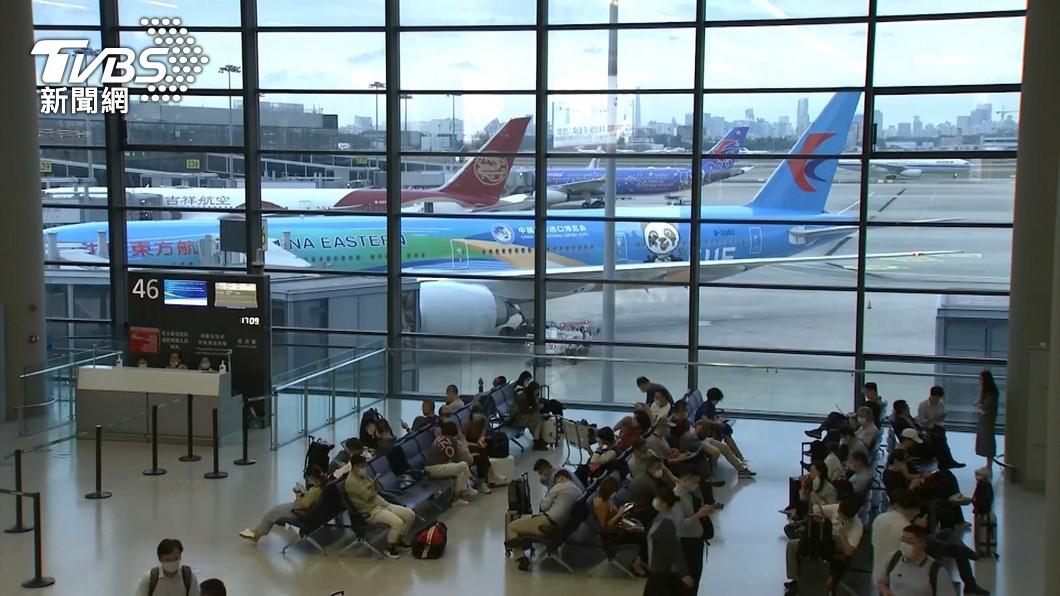


TAIPEI (TVBS News) — A ban on Taiwanese travel groups to China will take effect on June 1, potentially leading to an “underground” tourism industry, according to Chen Yi-hsuan, vice chairman of the Travel Quality Assurance Association and chairman of the Taipei Tourism Development Association on Tuesday (May 7).
Chen Yi-hsuan said that nearly 80% of Taiwan’s more than 4,000 travel agencies have business dealings with China. If the government does not lift the ban, it could lead to unregulated tourism activities, leaving travelers unprotected.
Chen Yi-hsuan thanked Kuomintang legislator Fu Kun-chi for leading a delegation to Beijing to break the ice, although the results fell short of expectations. However, China has extended an olive branch, and the industry hopes the ban will be lifted in June.
Chen Yi-hsuan pointed out that Chinese tourists have different travel characteristics than those from Southeast Asia and Japan. They prefer island-wide tours, benefiting various sectors in Taiwan, including tourism, hotels, tour buses, and night markets. Before the pandemic, the number of Chinese tourists visiting Taiwan ranged from a minimum of 2.71 million to a maximum of 4.8 million per year, generating billions in revenue and significantly impacting Taiwan’s economy.
Chen Yi-hsuan also urged the incoming government to recognize that Taiwan and China share a common language, food, and culture, unlike Korean and Japanese tourists who face language barriers. Opening cross-strait exchanges is necessary, Chen said.
Chen Min-chin, chairman of the Chinese Culture and Tourism Association, said businesses specializing in cross-strait tourism face significant obstacles, such as insufficient flight points and legal policy issues. He expressed concern about crossing legal boundaries and emphasized prioritizing industry needs and demands over politics.
Chu Chien-meng, chairman of the Development Association for Taiwan Tour Guide, expressed pessimism about cross-strait tourism, citing frequent earthquakes and severe disaster conditions in Hualien. He said transportation and safety issues for tourists are significant concerns, as is the problem of rehiring tour guides.